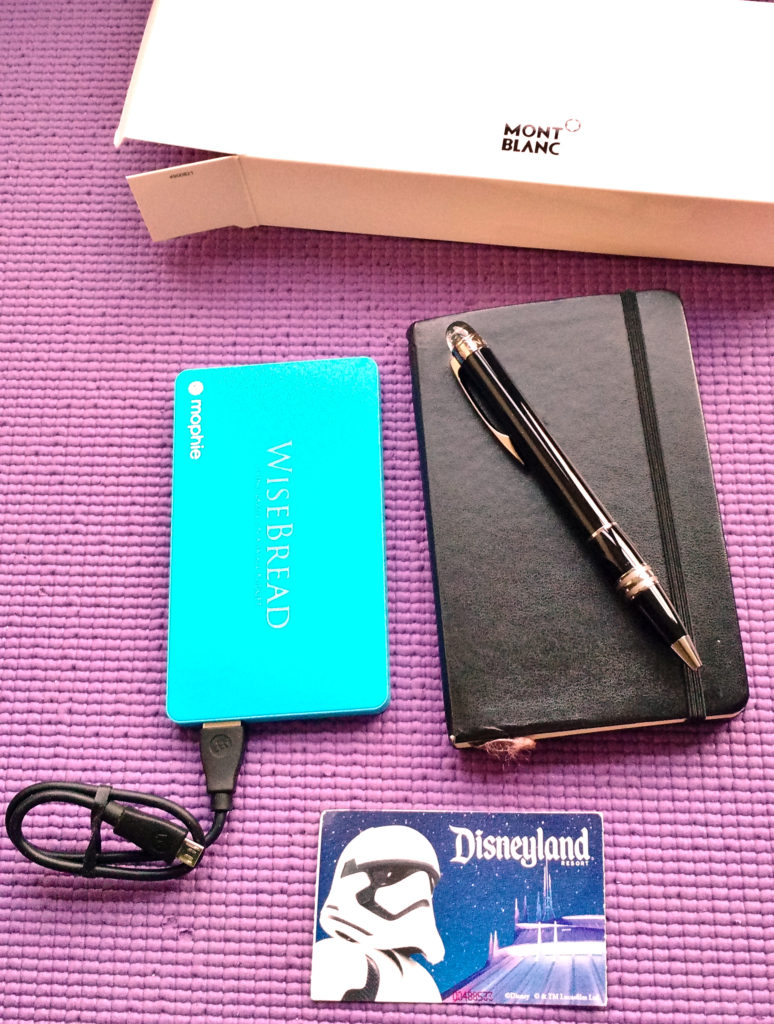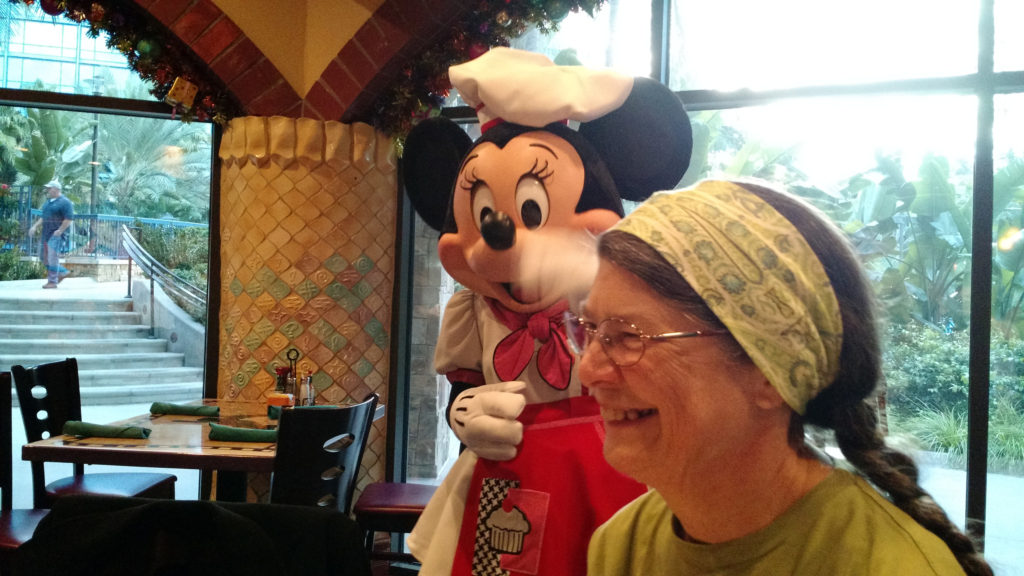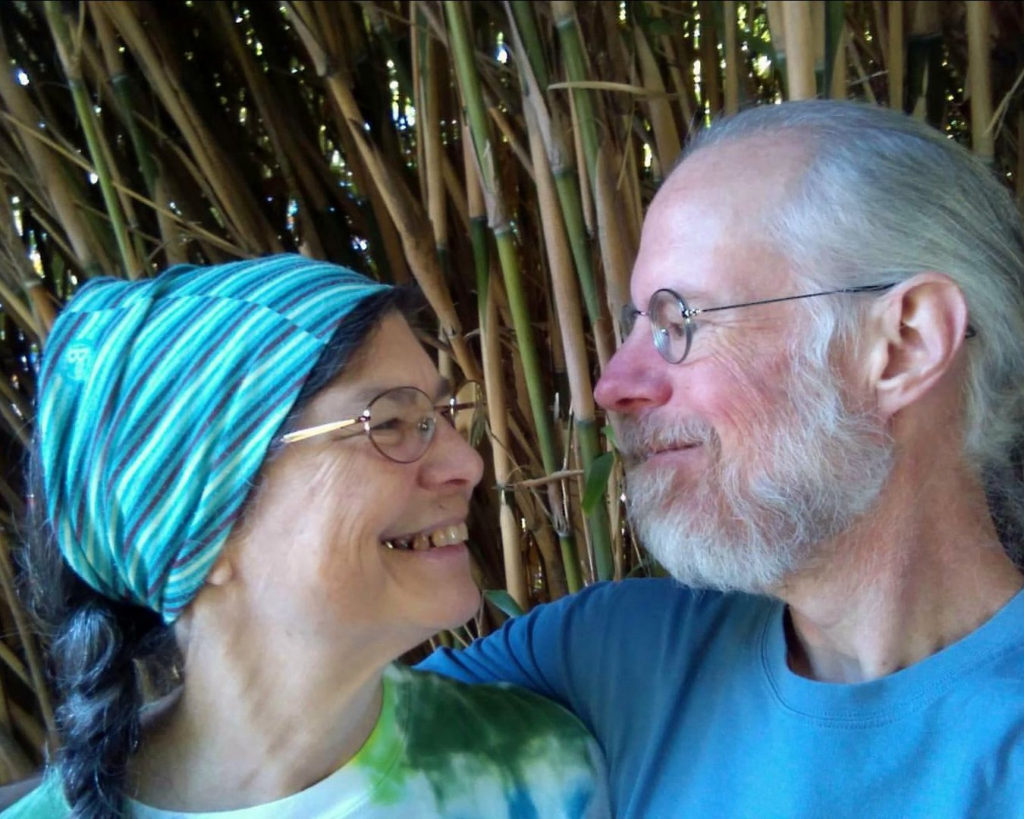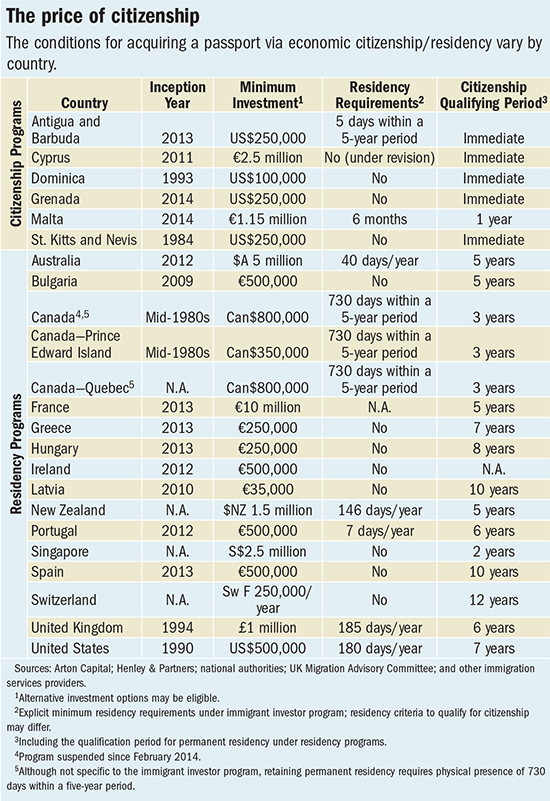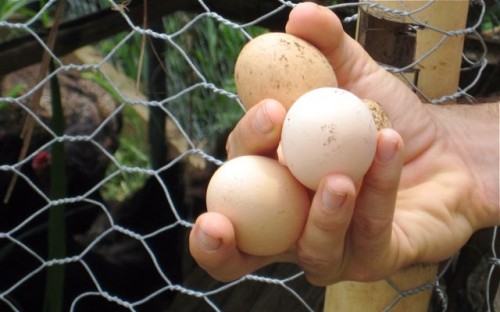I was one of the first people to try to sign up for insurance on healthcare.gov. That turns out to have been a mistake. At least, that’s my theory.
With considerable effort, over a period of a couple of days right at the beginning of October, I’d gotten through the first part (where you verify facts about yourself to confirm that you’re you). Then I’d done the part where they ask about your income, etc.
At that point—when I’d entered all the info about my and Jackie’s contact info, race, ethnicity, income, and so on—I clicked the last “submit” button. . . and waited.
After a long time, the submission timed out.
Not wanting to have to go through all that entering again, I just backed up a screen and clicked submit again. . . and waited again. And it timed out again.
I did that over and over again, hoping that eventually I’d get a successful submission. And at some point I did get one. In fact, I got a bunch—many of those failed submissions had apparently gone through before they failed. But (I now believe), something about them had gotten corrupted at some point.
On the first visit after that, I’d gotten through to the point of seeing what policies were available to me and how much they’d cost. I printed the list and reviewed it with Jackie and investigated the networks offered by a few plans and picked a policy (sticking with Health Alliance, but going for one of their new Silver plans). But when I returned, there was a glitch: I could no longer sign up for insurance for Jackie and myself; it offered me a policy only for myself, with no sign as to whether I’d be able to get Jackie signed up after.
Yesterday, I finally gave up on making my way through the signup process, and called the telephone interface.
Turns out, the people on the other end of the phone go through the exact same interface. So, of course, they ran into the exact same problem I did.
After escalating to the senior tech guys, the proposed solution was to reset my account and have me start over. (Something I would have done a long time before, if that interface were available.)
Sadly, I couldn’t make that work either.
Finally, I started over completely. I created a new account (with a new login name, using a new email address), re-verified my identity, and re-entered all the info about me. This time, having already selected a policy, I pressed straight ahead and enrolled.
So, I have successfully signed up for insurance through Obamacare. It took about an hour, once I started over from scratch. I suspect it would have worked pretty smoothly, if I hadn’t tried so persistently to sign up in those first few busy days.
Despite the aggravations of getting signed up, I’m pretty pleased. Obamacare is going to save me hundreds of dollars a month. Our insurance bill had been our largest bill—quite a bit higher than our rent. Now it will be just another monthly expense—bigger than our phone bill, but less than rent or groceries.
And yet, the cost savings is far from the most important thing. Before, I worried constantly that any major medical problem would ruin us—make it impossible to get affordable insurance; trap us in a policy that all the healthy people had fled, with premiums spirally inexorably higher until they consumed all our money. Now, at last, we have some security on that front. Cheap or expensive, at least our insurance is actually insurance. A major medical problem would still be a big deal—one of us would no longer be healthy. But at least it would just be that, and not that and a financial catastrophe too.

